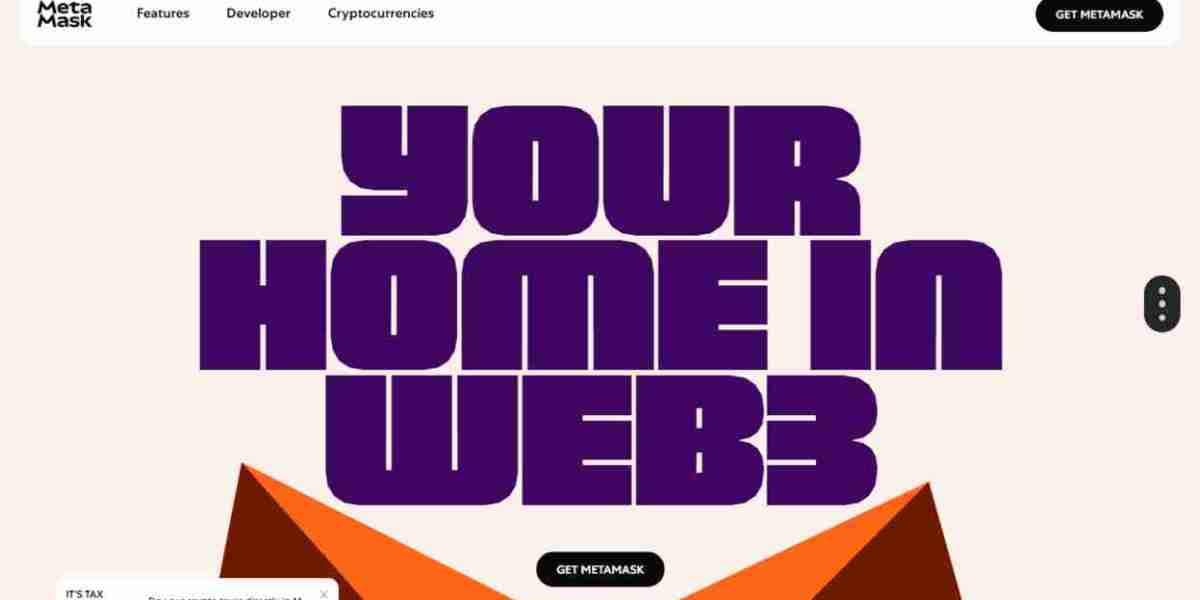Dog training is essential not only for obedience but also to ensure a healthy relationship between you and your furry companion. In the dog training UAE, with its specific climate, urban environment, and cultural context, some training methods work particularly well. Here’s a comprehensive guide to the best dog training techniques adapted for life in the UAE.
1. Positive Reinforcement Training
What It Is:
This method rewards your dog for good behavior with treats, praise, or play. It's based on the principle that behaviors followed by rewards are more likely to be repeated.
Why It Works in the UAE:
- Dogs thrive on praise and attention, and this method avoids punishment.
- Works well indoors, especially in hot weather when outdoor training is limited.
- Encourages trust and a strong bond with the owner.
How To Do It:
- Reward immediately when your dog follows a command like “sit” or “stay.”
- Use small, healthy treats that are UAE heat-safe (no melting or spoiling).
- Use consistent verbal cues and hand signals.
- Crate Training
What It Is:
This technique uses a crate as a safe space where your dog can rest, learn self-control, and adapt to household routines.
Benefits in the UAE:
- Helps dogs feel secure during fireworks, sandstorms, or loud gatherings.
- Keep pets safe when you leave them home alone (especially with AC and heat concerns).
- Aids in potty training, which is important in apartment living common in Dubai and Abu Dhabi.
Tips:
- Introduce the crate gradually with positive associations.
- Never use the crate as punishment.
- Ensure it's well-ventilated and placed in a cool, shaded area indoors.
3. Leash Training and Loose Leash Walking
Why It's Important in the UAE:
- With limited off-leash areas in urban zones, walking calmly on a leash is crucial.
- Some areas require dogs to be on a leash by law, especially in public parks or promenades.
How To Train:
- Start indoors or in a quiet area to avoid distractions.
- Reward your dog for walking beside you without pulling.
- Use a comfortable, padded leash and harness to avoid overheating or discomfort.
4. Clicker Training
What It Is:
A clicker marks the exact moment your dog does the right thing. It’s followed by a treat to reinforce that behavior.
Benefits in the UAE:
- Effective for precision training indoors.
- Keeps sessions short and engaging — perfect for avoiding outdoor heat exposure.
- Excellent for teaching complex tricks or commands.
How to Start:
- “Charge” the clicker by clicking and treating several times.
- Pair the click with specific behaviors like “sit,” “come,” or “heel.”
- Always follow the click with a reward.
5. Socialization Techniques
Why It Matters:
Early socialization prevents fear-based aggression and anxiety. This is vital in a diverse, multicultural place like the UAE where dogs may encounter a wide range of people, scents, and sounds.
Local Considerations:
- Some dogs may be fearful of traditional clothing or unfamiliar scents.
- Introduce dogs slowly to varied environments like outdoor cafés, beaches, or pet-friendly malls (like Dubai’s The Pointe or Yas Mall in Abu Dhabi).
Tips:
- Socialize your dog gradually and positively.
- Avoid overstimulation — especially with puppies.
- Use treats and praise to encourage calm, friendly behavior.
6. Desensitization to UAE Climate and Sounds
Unique Challenges:
- Hot pavements can burn paws.
- Loud noises like calls to prayer, construction, or fireworks can scare sensitive dogs.
Training Techniques:
- Gradually expose dogs to sounds at low volume and pair with treats.
- Condition them to wear booties for paw protection on hot days.
- Train for early morning or late evening walks to beat the heat.
7. Consistency and Routine
Why It’s Critical:
Dogs thrive on structure. In a fast-paced city lifestyle (like in Dubai or Sharjah), consistent routines help reduce anxiety and behavioral issues.
Best Practices:
- Feed, walk, and train at the same time daily.
- Use the same commands and rules across all family members.
- Keep sessions short but frequent — 5–10 minutes 2-3 times per day.
8. Mental Stimulation and Enrichment
Indoor Enrichment is Key:
Because the weather can limit outdoor play, mental stimulation is vital.
Activities:
- Puzzle toys and treat dispensers.
- Hide-and-seek games with toys or treats.
- Learning new commands or tricks inside air-conditioned spaces.
Final Tips for Training in the UAE
- Hydration: Always keep fresh water available, especially during or after training.
- Avoid Midday Heat: Never train or walk your dog outdoors between 10 a.m. and 5 p.m. during summer months.
- Respect Cultural Norms: Be aware that not everyone is comfortable around dogs. Always use a leash and avoid approaching strangers without consent.
- Patience is Key: Training takes time. Celebrate small wins and be patient with setbacks.
By combining these techniques and tailoring them to the UAE lifestyle and climate, you'll set your dog up for a happy, well-adjusted life. Whether you're in the heart of Dubai, the deserts of Al Ain, or a quiet suburb in Ras Al Khaimah, these methods can help shape a polite and joyful pup for your Dog training UAE




